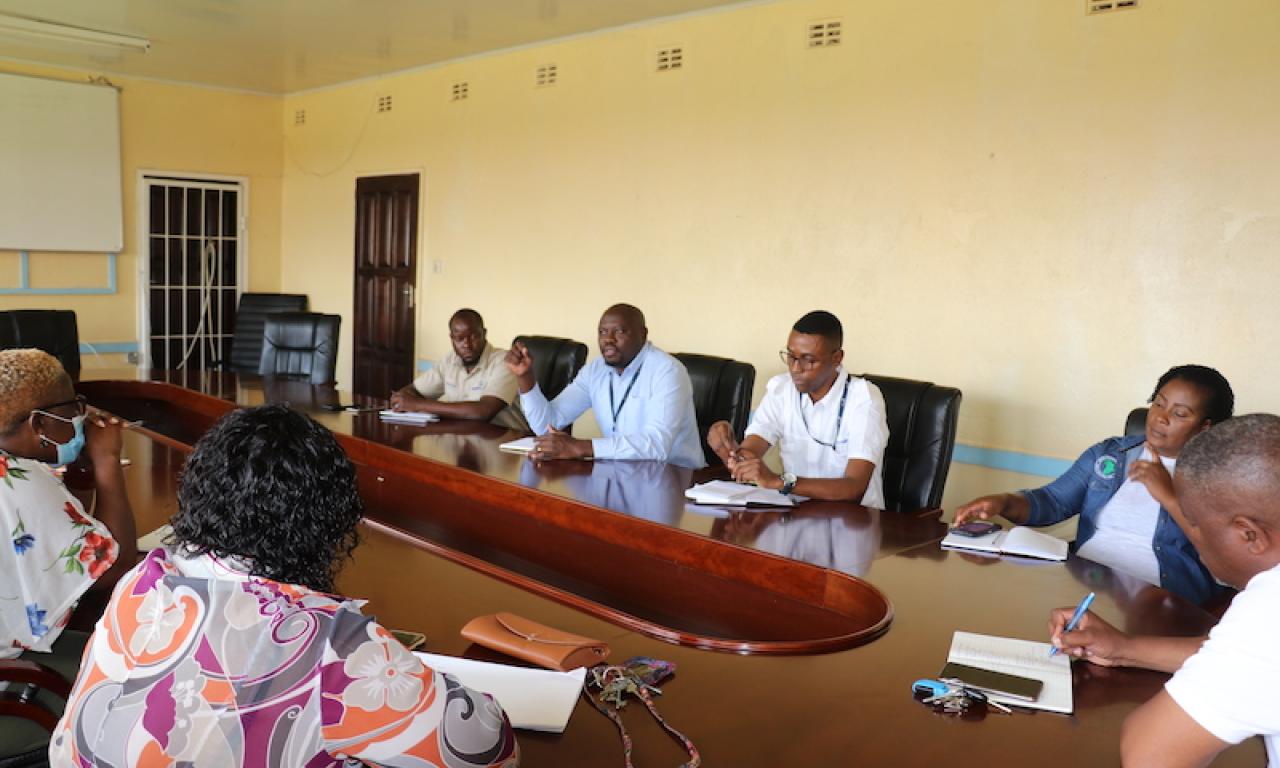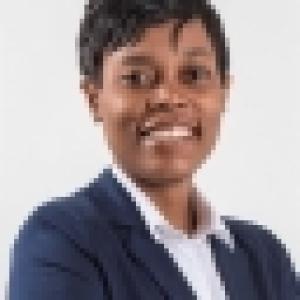
- The development of aquatic feeds using local ingredients is expected to increase income, improve food security and reduce pollution.
- Engagement with local stakeholders to develop value-aligned partnerships is critical in ensuring successful outcomes.
- Through various stakeholder engagements, the challenges and actors in Zambia’s small-scale aquaculture systems were identified.
Zambia faces a huge challenge in terms of local aquatic feed supply, particularly for small and medium enterprises (SMEs). The cost of the feed is exorbitantly high for most SMEs to afford, leading to some sacrificing quality. The high cost of aquatic feed has been attributed mainly to the import of feed ingredients. In some cases, farmers must travel long distances to obtain the commodity.
Other challenges in Zambia’s aquaculture sector include low participation of women and high youth unemployment, which stands at 26.5 percent in 2021. Aquatic food production is one of the sectors with the potential to create jobs and improve household nutrition. Therefore, creating an enabling environment across the value chain is critical in encouraging women and youth engagement.
One of the goals of the Development and Scaling of Sustainable Feed for Resilient Aquatic Food Systems in Sub-Saharan Africa (FASA) project led by WorldFish is to produce low-cost and highly nutritious aquatic feeds made from local ingredients. To achieve this, the project will focus on strengthening stakeholders’ capacity to integrate best practices toward a more sustainable feed sector and to incorporate new information on the nutritional requirements of numerous improved strains of tilapia and African catfish in Zambia.
Meeting stakeholders to better understand the local situation
Rodrigue Yossa, a senior scientist at WorldFish who leads the project, was in Zambia recently to meet various stakeholders to explore collaboration on the project. He was accompanied by Arthertone Jere and Gregory Chisanga, a scientist and research assistant attached to the FASA project, respectively.
The exercise was meant to foster value-aligned partnerships in order to achieve successful outcomes. Furthermore, the partnerships will help to fuel growth, innovation and create synergies in areas where similar efforts are being made in the country.
The team first met with the management and staff from the Natural Resources and Development College’s (NRDC) Basic Sciences and Fisheries Department to discuss potential collaboration on the upgrade of their fisheries wet lab. The FASA project builds on WorldFish and NDRC’s previous collaboration on two other projects, one on the wet lab and the other on the Aquaculture Skills Training Center.
The project researchers then visited six provinces in Zambia where the project will be implemented, namely Northern, Southern, Luapula, Eastern, Copperbelt and North Western, to conduct a scoping study of local feed ingredients in order to understand the availability of local ingredients for the development of nutritious aquatic feeds for the improved local fish species
They met with various small-scale farmers to determine which ingredients are readily available and can be explored further in the study. Small-scale farmers using local ingredients to formulate feed, an abattoir, hatchery and growout cage fish farmers, a fish farming cooperative and the National Aquaculture Research Center (NARDC) were among the stakeholders visited.
Creating a resilient aquatic value chain
Timothy Manyise, a postdoctoral fellow at WorldFish designing the theory of change for the FASA project, led an engagement session with various stakeholders to identify the challenges and actors in Zambia’s small-scale aquaculture systems. This activity was key in developing the theory of change necessary for impact assessment.
WorldFish’s country director for Zambia and Southern Africa, Victor Siamudaala emphasized in his remarks the importance of the meeting in exchanging ideas that can aid the sector in reducing the prohibitively high cost of feed.
“If we cannot make feed affordable, the sector will struggle perpetually. With the growing involvement of smallholder businesses in aquaculture, it is imperative to create a resilient aquatic value chain,” he said.
The FASA project will run from 2022 to 2027 with the goal of increasing income, boosting food security and reducing waste and pollution by developing low-cost and highly nutritious aquatic feeds from local ingredients. The project will also take into account women and youth participation throughout its lifespan.
